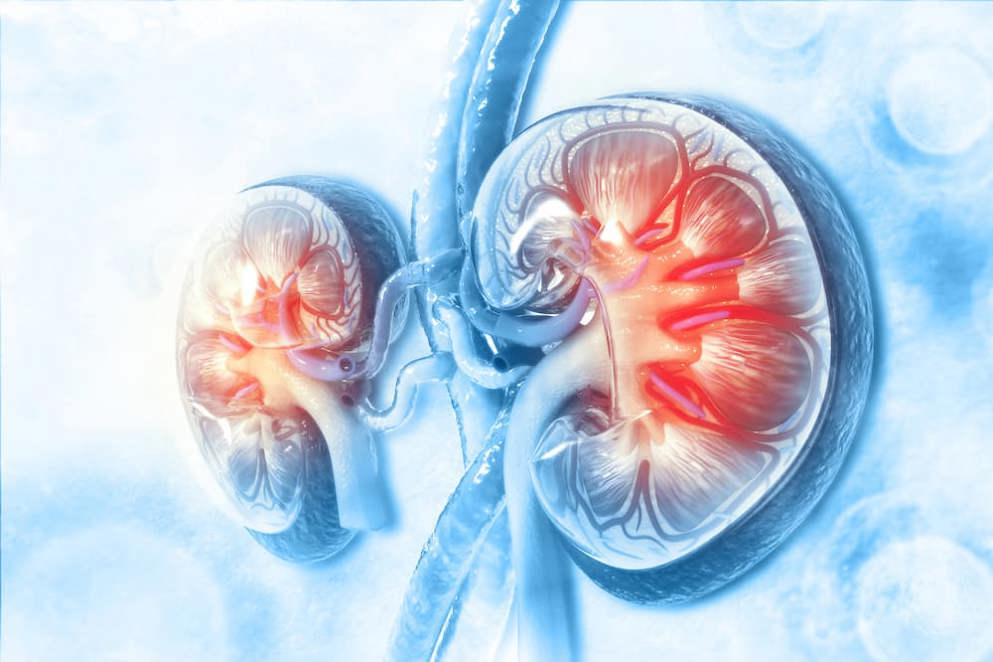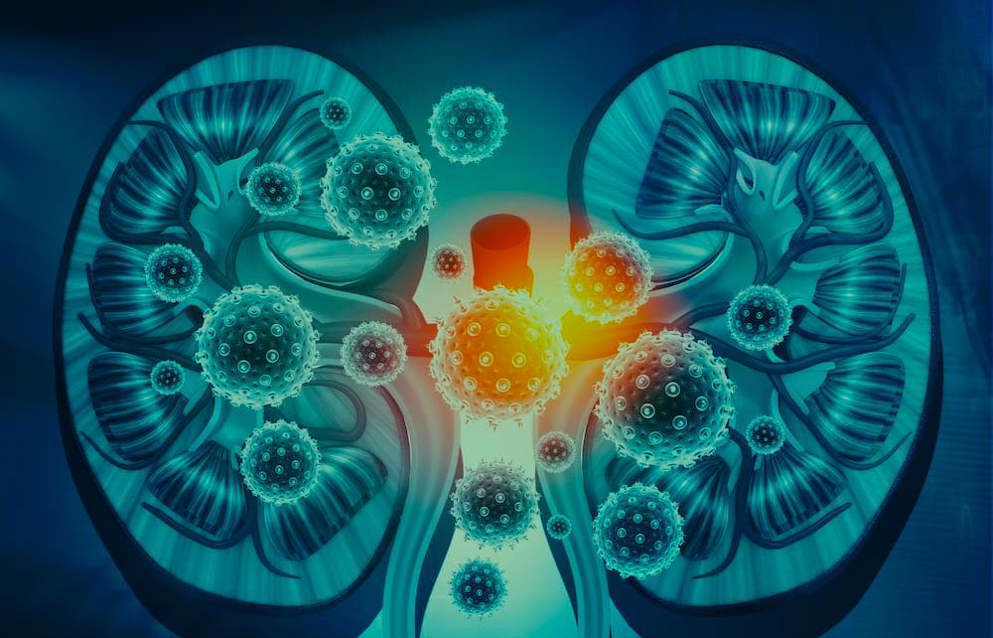Beyond chronic kidney disease: the diagnosis of Renal Disease in the Elderly as an unmet need. A position paper endorsed by Italian Society of Nephrology (SIN) and Italian Society of Geriatrics and Gerontology (SIGG)
Beyond chronic kidney disease: the diagnosis of Renal Disease in the Elderly as an unmet need. A position paper endorsed by Italian Society of Nephrology (SIN) and Italian Society of Geriatrics and Gerontology (SIGG)
The dramatic increase in prevalence of chronic kidney disease (CKD) with ageing makes the recognition and correct referral of these patients of paramount relevance in order to implement interventions preventing or delaying the development of CKD complications and end-stage renal disease. Nevertheless, several issues make the diagnosis of CKD in the elderly cumbersome. Among these are age related changes in structures and functions of the kidney, which may be difficult to distinguish from CKD, and multimorbidity. Thus, symptoms, clinical findings and laboratory abnormalities should be considered as potential clues to suspect CKD and to suggest screening. Comprehensive geriatric assessment is essential to define the clinical impact of CKD on functional status and to plan treatment. Correct patient referral is very important: patients with stage 4–5 CKD, as well as those with worsening proteinuria or progressive nephropathy (i.e. eGFR reduction > 5 ml/year) should be referred to nephrologist. Renal biopsy not unfrequently may be the key diagnostic exam and should not be denied simply on the basis of age. Indeed, identifying the cause(s) of CKD is highly desirable to perform a targeted therapy against the pathogenetic mechanisms of CKD, which complement and may outperform in efficacy the general measures for CKD.
Read abstract on library site Access full article




